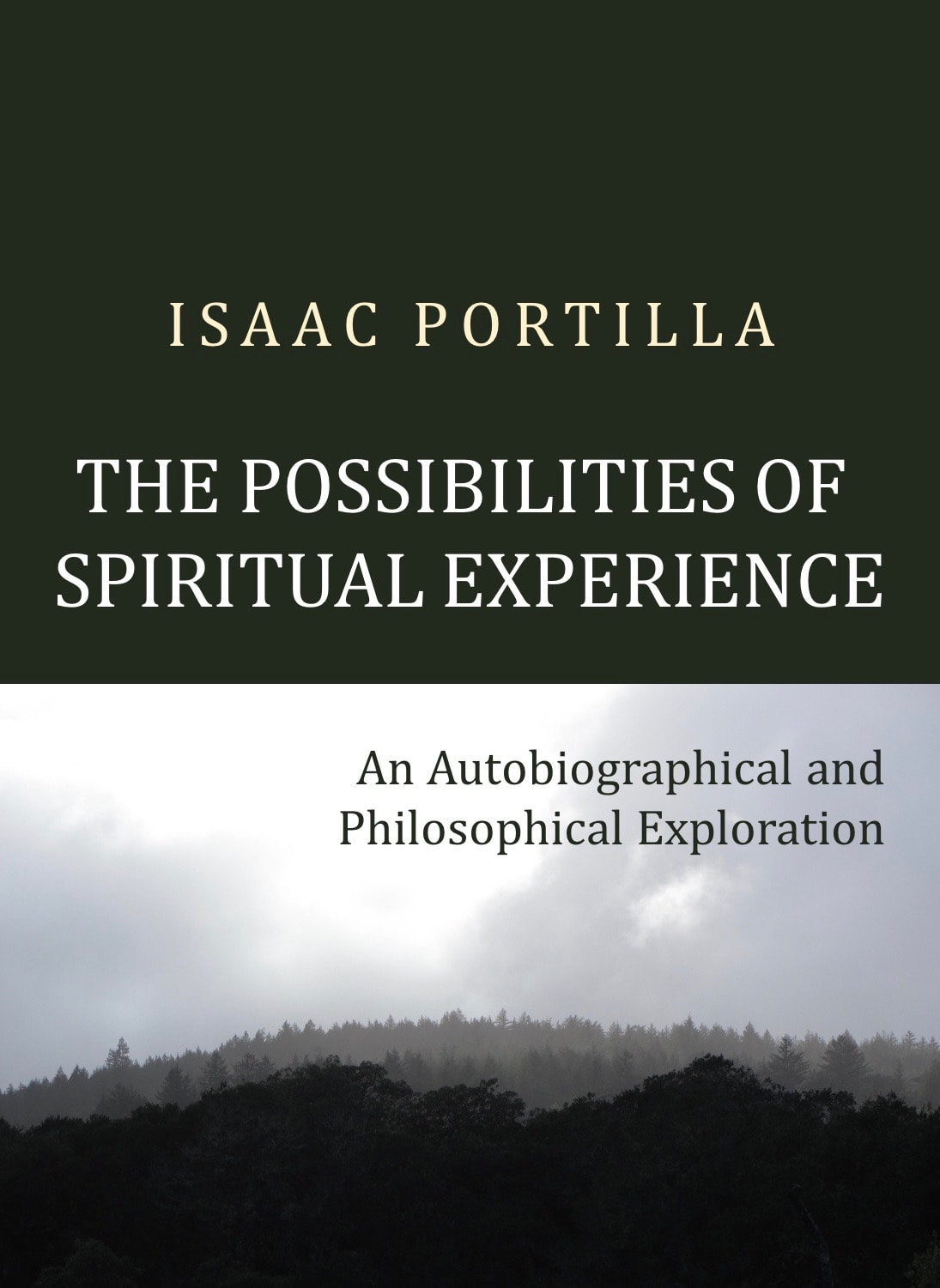|
No matter how cool-clad, tech-wise, contemporary-worded and scientifically-supported spirituality is presented today, truly: the ‘science of Enlightenment’ never reached the Enlightenment Age.
Traditional spiritual schools and post-modern movements, otherwise heavily antagonized, especially regarding their positions on authority and progress in society (for example, in respect to the role of women), found a common parlance—Liberation and Oneness—and a common enemy—science and reason. Thus, the flag/motto, “Tyranny of science and reason,” became valid for both.
The power of reason that the awakening West initially disregarded as unimportant in spirituality, is now starting to be reconsidered and felt as extremely needed.
|
Book excerpt: Portilla, Isaac. The Possibilities of Spiritual Experience: An Autobiographical and Philosophical Exploration. Madrid: Editorial Mirlo, 2017. (Part: The Three Pillars Model; Chapter: 21st c.: The Age of Enlightenment of Spirituality?; Sub-chapter: Spirituality and the Enlightenment Age; p. 112-117)
Spirituality and the Enlightenment Age
|






